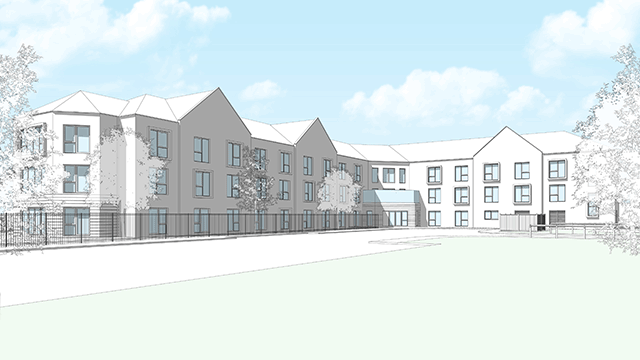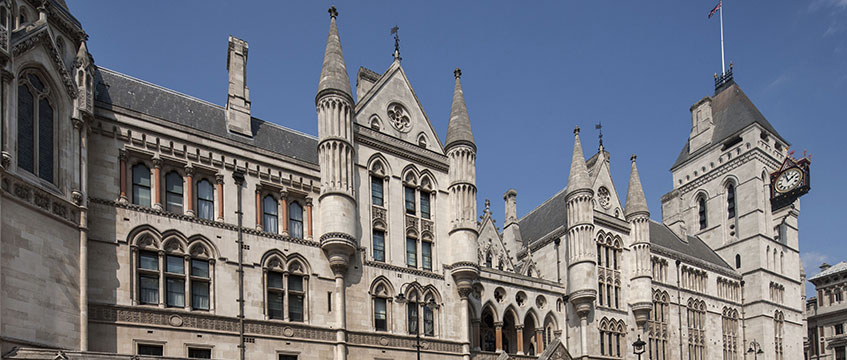The Court of Appeal has ruled that it was correct for a local planning authority to grant planning permission for a solar farm, despite its “intricate” planning history.
The judgment, in Fiske v Test Valley Borough Council, unpicks the planning complications created when a company that planned to build a solar farm in Hampshire was granted two separate and incompatible planning permissions for the same project.
It is a live issue, with government encouraging planning authorities to come up with creative solutions to make complicated development work, while planning authorities fear expensive litigation caused by amended planning permissions.
In this case, Woodington Solar applied for planning permission in 2017 for a solar farm and substation on a plot at Woodington Farm, East Willow.
By 2021 the company had altered its plans, and decided to build a smaller solar farm on the site. The earlier planning permission was quashed by consent, and council granted planning permission for the updated development.
According to the ruling, the two planning permissions were incompatible, meaning that if one of the developments were built, the other would be impossible.
Local resident Chala Fiske took legal action to oppose the development. In the High Court and Court of Appeal, her lawyers argued that the council made a mistake when it granted planning permission in 2021 because it should have considered the incompatability of the two schemes to be “a mandatory material consideration”.
However, in a ruling handed down by the Court of Appeal on 15 December, a three-judge panel led by judge Sir Keith Lindblom, dismissed her case.
The council’s decision to grant the 2021 planning permission was valid, he said, based on “a straightforward analysis, applying well-established legal principles to the circumstances in which the 2021 permission was granted”.
“The planning system does not preclude the possibility of a number of applications for planning permission being made and granted for different developments on the same site,” he said.
He said “there is nothing” in recent judgments such as Hillside Parks or Pilkington to contradict this finding.
“In this case we are not concerned with a situation in which one application incorporates another,” he said. Instead, the applications are separate, although described as “associated”.
The dispute may not be over yet. The Hillside case ended up in the Supreme Court and Fiske has another appeal case pending relating to an amendment to 2021 planning permission.
Fiske v Test Valley Borough Council and Woodington Solar Ltd
Court of Appeal (Lindblom, Coulson, Henderson), 15 December 2023








